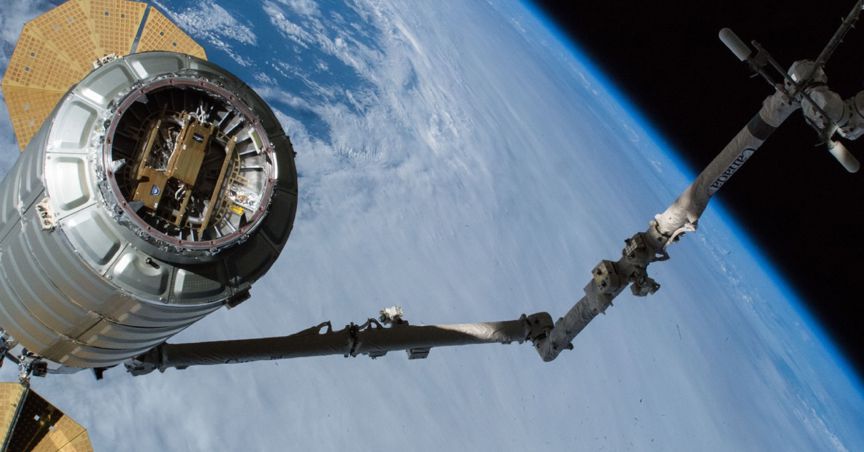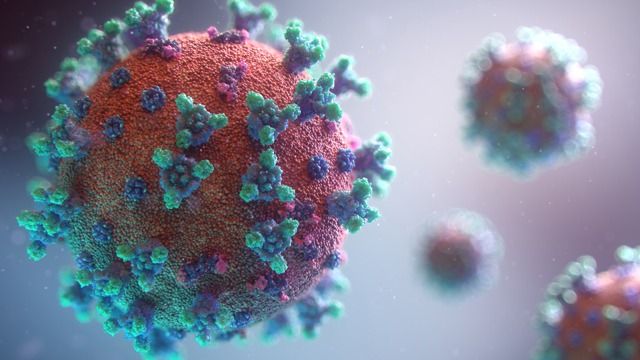An aerospace startup that plans to launch thousands of satellite “cell towers” into space says it has successfully sent a text message to a common Android smartphone using one of its satellites in orbit. The company claims it’s the first time a text message has ever been sent to an unmodified mobile phone from space, and it demonstrates the technology needed to provide global cellphone connectivity from orbit.
The company behind the breakthrough space text is called Lynk, which used to go by the name UbiquitiLink. Lynk is one of several space companies at the moment planning on building a constellation of thousands of satellites to provide some kind of connectivity to individuals on the ground. But rather than provide broadband internet coverage, Lynk is focused on providing cell service for the average mobile phone with its satellites, without the need for customers to provide any extra hardware.







